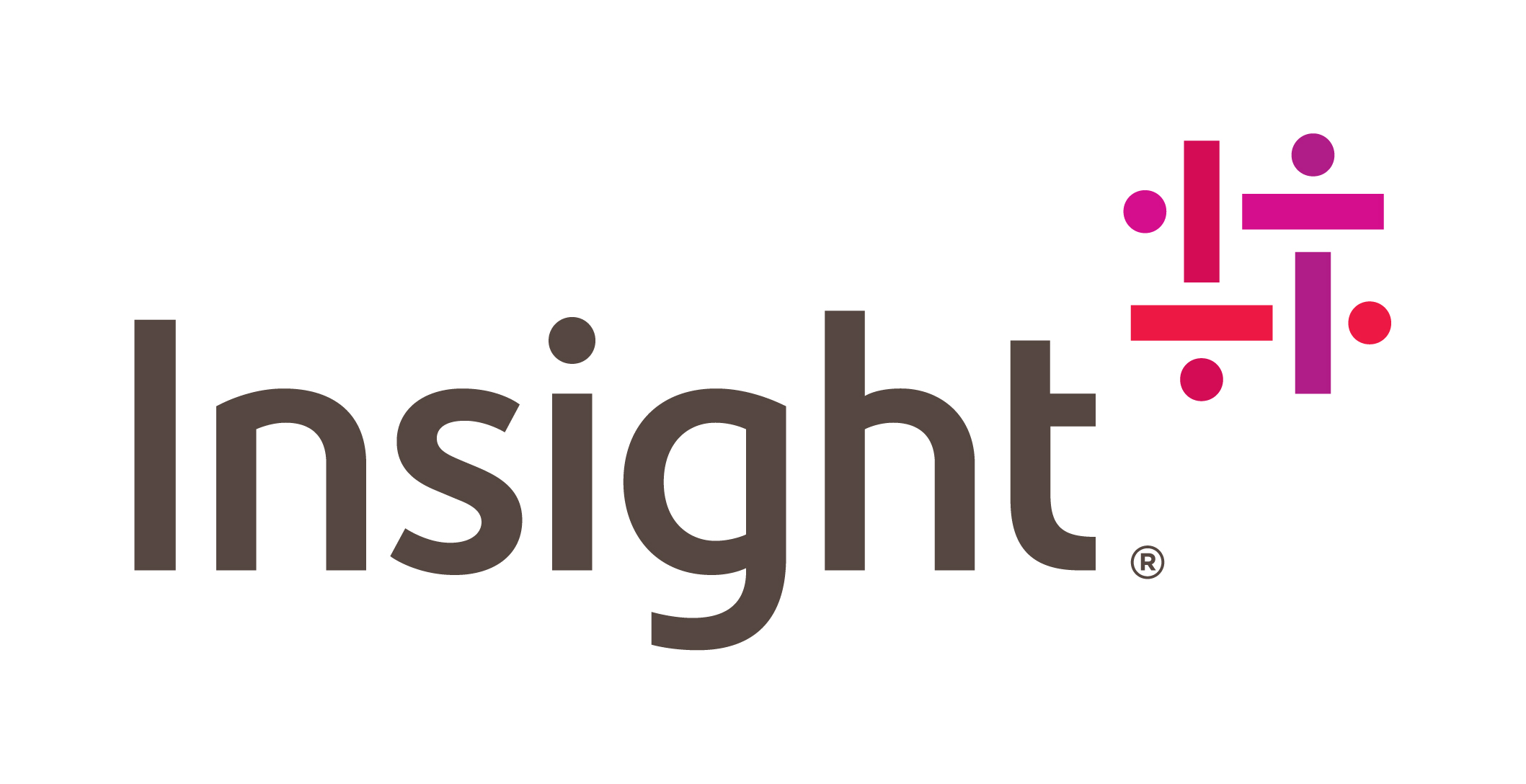No two cloud platforms are the same, and that could not be more true when it comes to comparing pricing models. Cloud pricing has long been a challenge for IT managers to calculate or understand – some offerings bundle certain components, while others lean towards more granular purchasing. Cloud computing pricing structures are built on a multitude of factors and often come across as convoluted without digging into the nuances of each provider. Although this is not a comprehensive list, here are some key variables to consider when evaluating the different cloud solutions:
- Cloud storage space
- CPU clock cycles (processing speed)
- Traffic utilization
- Contract term length
Google Cloud vs AWS Pricing
Does Google Cloud Platform or Amazon Web Services offer more cost effective cloud pricing for the average consumer? In order to properly determine which is the less expensive, more value-driven option, we compared the following cloud platform instances:
- AWS M4 Standard vs GCP Custom 2 core, 8gb
- AWS R3 HighMem vs GCP n1-standard-4
- AWS HighCPU vs GCP Custom 2 core, 3.75gp
When Amazon Web Services (AWS) launched the first week of the new year with an announcement reducing prices by up to 5% for certain cloud configurations running Linux, many IT managers questioned how the competitor pricing spectrum would be affected. However, Google has tested and compiled data showing that comparable Google Cloud Platform (GCP) instances are still between 15 percent and 41 percent less expensive than AWS.
Cloud Pricing Comparison Table

Amazon currently has the largest share of the cloud computing market at about 45%. However, Google is quickly closing that gap, boasting 162% growth in the second quarter of 2016. For a deeper look at some of the recent cloud market trends, check out this article on The Cloud Wars.
See below a side by side cost comparison between AWS and GCP:
*You might have noticed that the price is a little closer for high-memory instance types: AWS provides a particularly high ratio of ram to CPU on these, so for our comparison instance we’re using one with 4 cores rather than 2… and it’s still over 15% less expensive.
Cloud Pricing Flexibility

Miles Ward, Google’s Global Head of Solutions for Google Cloud Platform, explained in a blog post that while AWS price cuts may seem beneficial on the surface, customers are often locked into contracts, aren’t eligible for new rates, or are stuck with instances that they no longer need.
Ward explains, “We designed Google Cloud Platform pricing to be as flexible and beneficial to our customers as possible. You’re not required to make a long-term commitment to a price, machine class or region ahead of time. Our combination of lower list prices, sustained use discounting, no prepaid lock-in, per-minute billing, Preemptible VM’s and Custom Machine Types offers a structural price advantage that’s unmatched in the industry.”
Flexibility in the cloud can vary widely by platform. Many cloud solution providers will offer a sandbox or proof of concept environment. When evaluating different options on the market, see if your potential cloud partner offers a way to test out their solution inexpensively before committing to any long term contracts. Conducting a proof of concept follows an agile methodology with frequent iterations, business-centric test cases, and real world data usage.
A good gauge of a cloud platform’s flexibility is how developer-centric they are relative to other available options. Platforms that attract the best developers are often more agile in nature. For example, GCP emphasizes flexibility by providing more customization options within their platform, actively building their developer network via outreach campaigns, and focusing on emerging technologies such as machine learning.
As an example of the flexibility and cost-effectiveness of GCP, click here for walk through of how our team created a dev/test environment in Google Cloud Platform to collect, store, process, and present information – all for a cost of $0.01. Pay less, compute more! Contact SADA Systems, Google Cloud Premier Partner and Google Cloud Platform Reseller, for a free assessment to see how you can get started with GCP.



